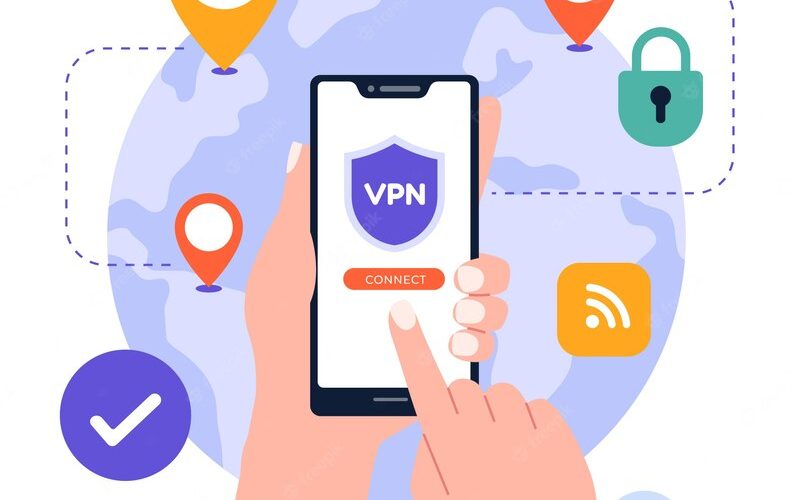Introduction to VPNs’ Inner Workings
In today’s digital age, online security and privacy have become paramount concerns. Virtual Private Networks, commonly known as VPNs, have emerged as powerful tools to protect our sensitive data and maintain anonymity while browsing the internet. In this article, we will delve into the inner workings of VPNs, shedding light on how they operate and the role of artificial intelligence (AI) in enhancing their capabilities.
How VPNs Ensure Online Security
VPNs work by establishing a secure and encrypted connection between your device and a remote server. When you connect to a VPN server, all your internet traffic is routed through this server, encrypting the data and concealing your real IP address. This encryption and rerouting of data provide a secure tunnel, making it incredibly difficult for hackers and third parties to intercept or decipher your online activities.
Furthermore, VPNs use various tunneling protocols like OpenVPN, L2TP/IPsec, and IKEv2/IPsec, each offering different levels of security and speed. AI plays a crucial role in optimizing the selection of the most suitable protocol based on your usage patterns and network conditions, ensuring an optimal balance between security and performance.

The Role of AI in Enhancing VPN Technology
AI has revolutionized the way VPNs function, bringing forth a new era of innovation and efficiency. Machine learning algorithms analyze vast amounts of data to identify patterns and potential threats, allowing VPNs to adapt and respond dynamically to ever-evolving cybersecurity challenges.
One significant advantage of AI in VPNs is its ability to detect and mitigate suspicious activities in real-time. Whether it’s detecting unauthorized access attempts or flagging potential malware, AI-powered VPNs can proactively safeguard your digital footprints.
Moreover, AI-driven VPNs can optimize server selection based on factors such as server load, geographical proximity, and latency. This ensures a seamless and lag-free browsing experience, especially during peak usage times.
Exploring VPNs’ Privacy Features
Beyond security, VPNs are instrumental in preserving user privacy. By masking your IP address and encrypting data, VPNs prevent your Internet Service Provider (ISP), government agencies, and advertisers from tracking your online behavior. However, it’s essential to choose a reputable VPN provider that follows a strict no-logs policy to ensure that your online activities remain truly anonymous.
Additionally, AI has enabled the development of advanced privacy features in VPNs. From split tunneling, which allows you to choose specific apps to bypass the VPN connection, to automatic kill switches that disconnect your internet if the VPN connection drops, these features enhance your control over your digital privacy.
In conclusion, VPNs, with their sophisticated inner workings and integration of AI, have become indispensable tools for safeguarding online security and privacy. As technology continues to evolve, AI will undoubtedly play an increasingly vital role in making VPNs even more efficient, secure, and user-friendly. So, whether you’re concerned about protecting sensitive data or accessing geo-restricted content, understanding VPNs’ inner workings and AI’s influence will empower you to make the best use of these essential tools.











